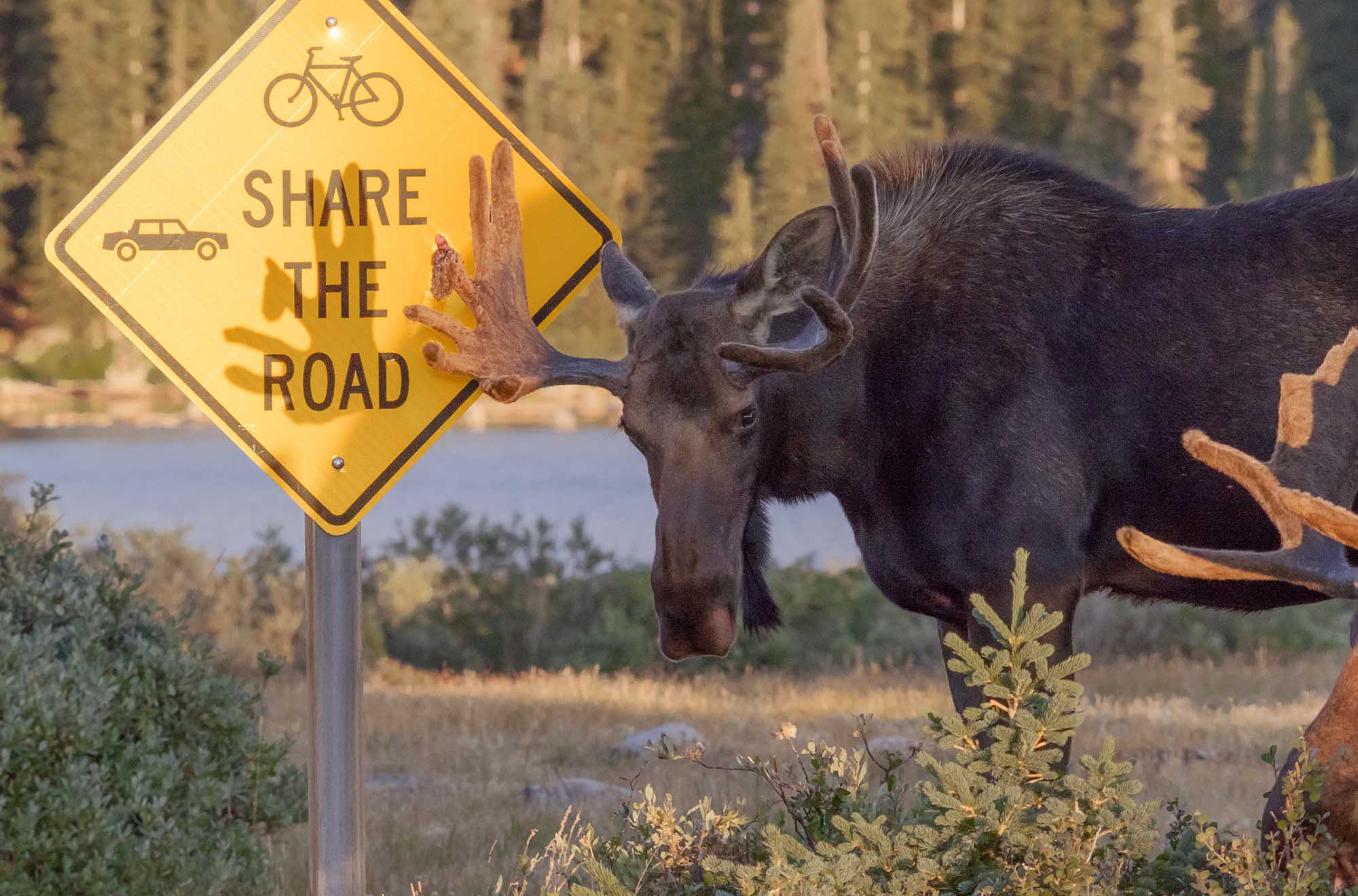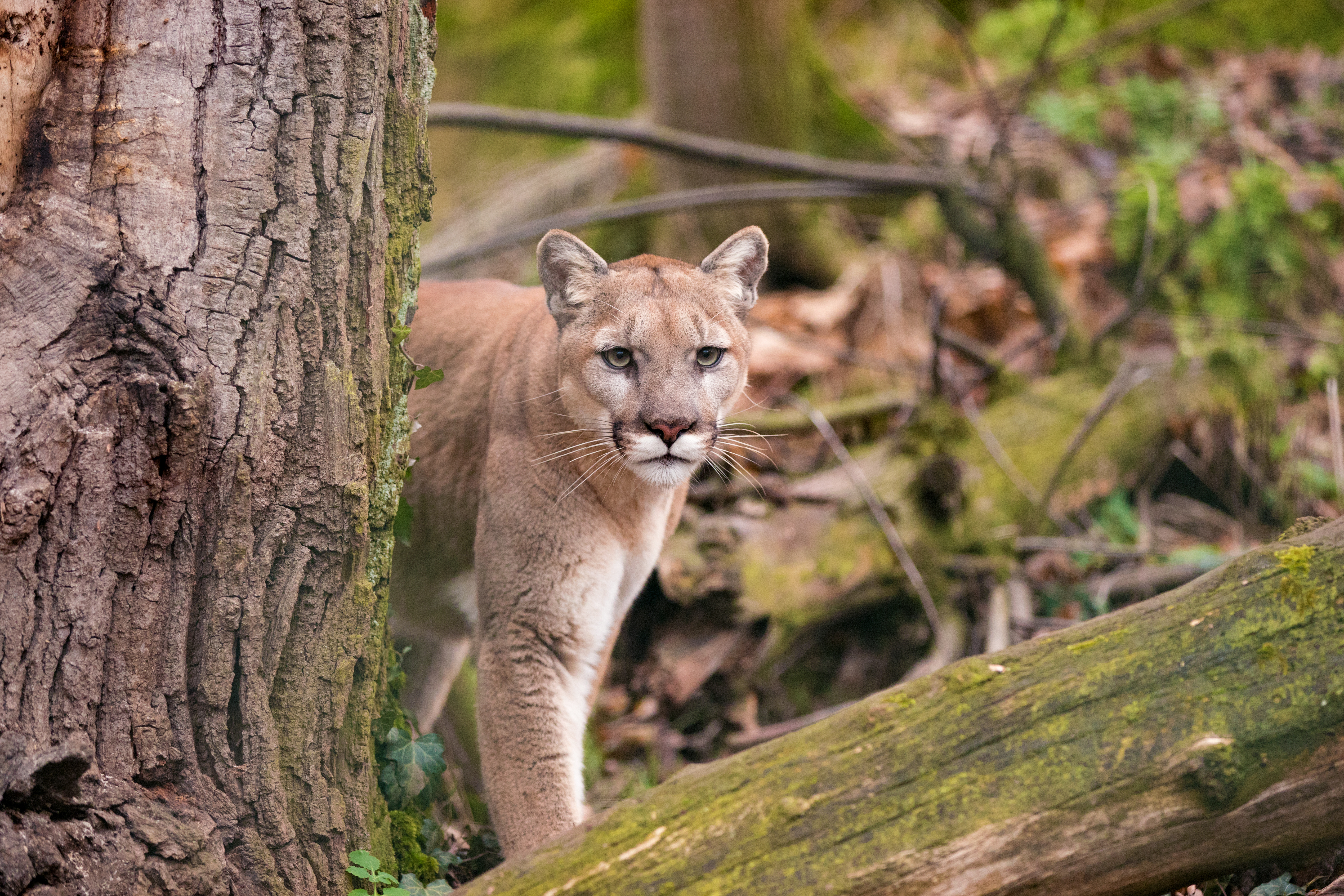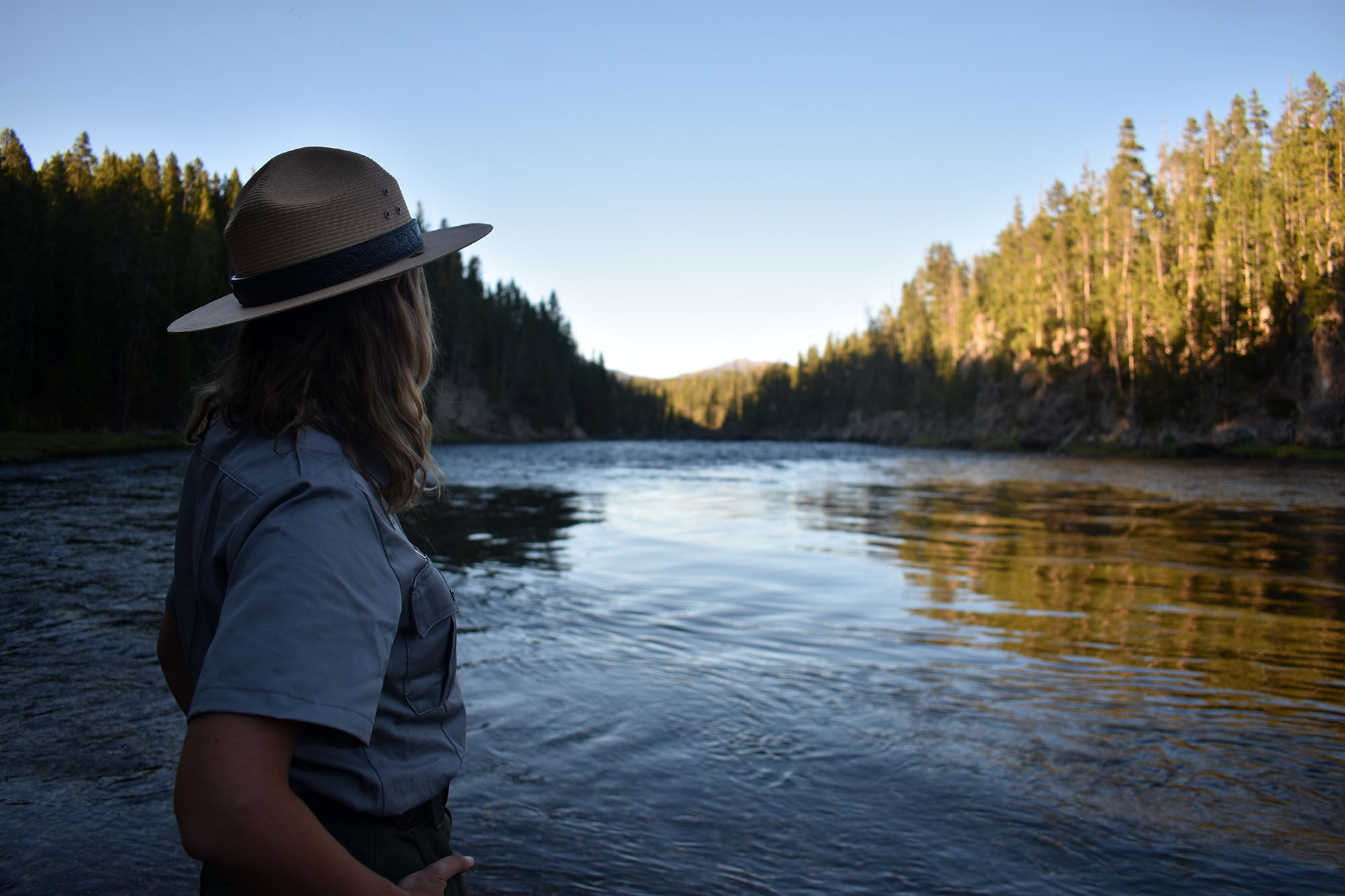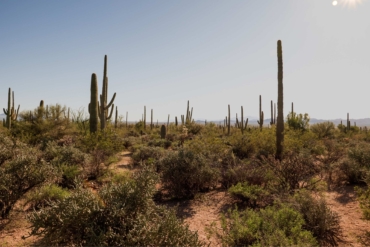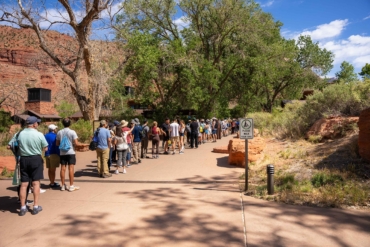The word “defensive” takes on a whole new meaning when applied to a 1,400-pound, 7-foot-tall animal. But that’s how Colorado Parks and Wildlife described several moose involved in a spate of conflicts with their human neighbors. Between Jan. 28 and March 7, the state’s wildlife officials reported six incidents involving “defensive moose” in Grand County.
The wildlife agency advised residents and visitors to the towns of Tabernash and Fraser, Colo., to “stay vigilant” when recreating in the area.
The string of moose problems began on Jan. 28, when a man walking his two dogs on the Fraser River trail encountered a mama moose with two calves. Though the moose charged him, the man managed to escape with just bruises. (The dogs were leashed and escaped harm.)
Then, five subsequent incidents were reported between Feb. 17 and March 7. Three of these incidents occurred in Tabernash. While the people involved escaped harm, a dog in Tabernash was killed after being stomped by a moose.
Officials recommended that locals avoid using Fraser River Trail to walk their dogs “at this time.”
Moose Safety Tips
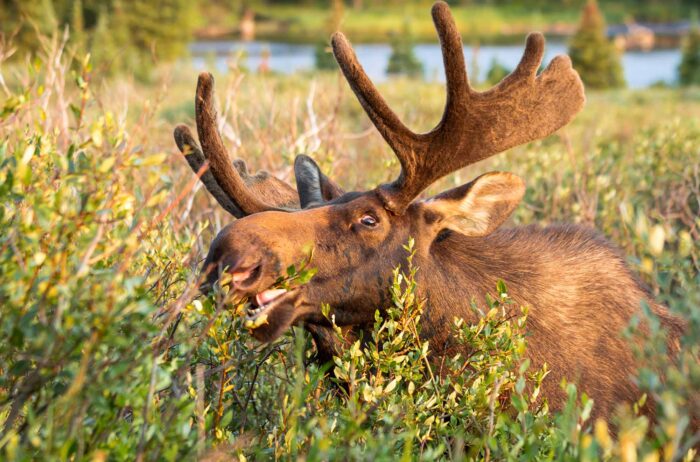
In addition to avoiding those areas, Colorado Parks & Wildlife offered a few tips for avoiding conflicts with these large, dangerous animals.
- Don’t hang out with them: If you see a moose, leave the area as fast as possible, giving them plenty of space. And especially never approach a cow moose with cubs. Do not try to move the moose, as it could be dangerous. It’s also considered harassment, which is illegal.
- Don’t ski with them: Moose are common on Colorado ski slopes. If you encounter a moose while skiing, don’t stick around “in the hopes of getting that viral image or video,” officials said. “Your safety is not worth it!”
- Keep dogs away from them: As mentioned above, a moose will not hesitate to charge your pet. Leash your dogs. An unleashed dog could also run back to their owners, putting humans at risk as well.
- Don’t feed them: It’s illegal, so don’t do it. (Also, it’s unsafe for wild animals’ digestive systems.)
Common signs of moose aggression include laid-back or tucked ears, raised hairs on the neck, and licking of the snout, according to wildlife officials. If a moose looks aggressive, start running and find a large object to use as a barrier, like a boulder, car, or tree.
“While moose encounters with people are quite common, problems [are few],” Colorado Parks & Wildlife said in the release. “Caution and common sense go a long way.”
